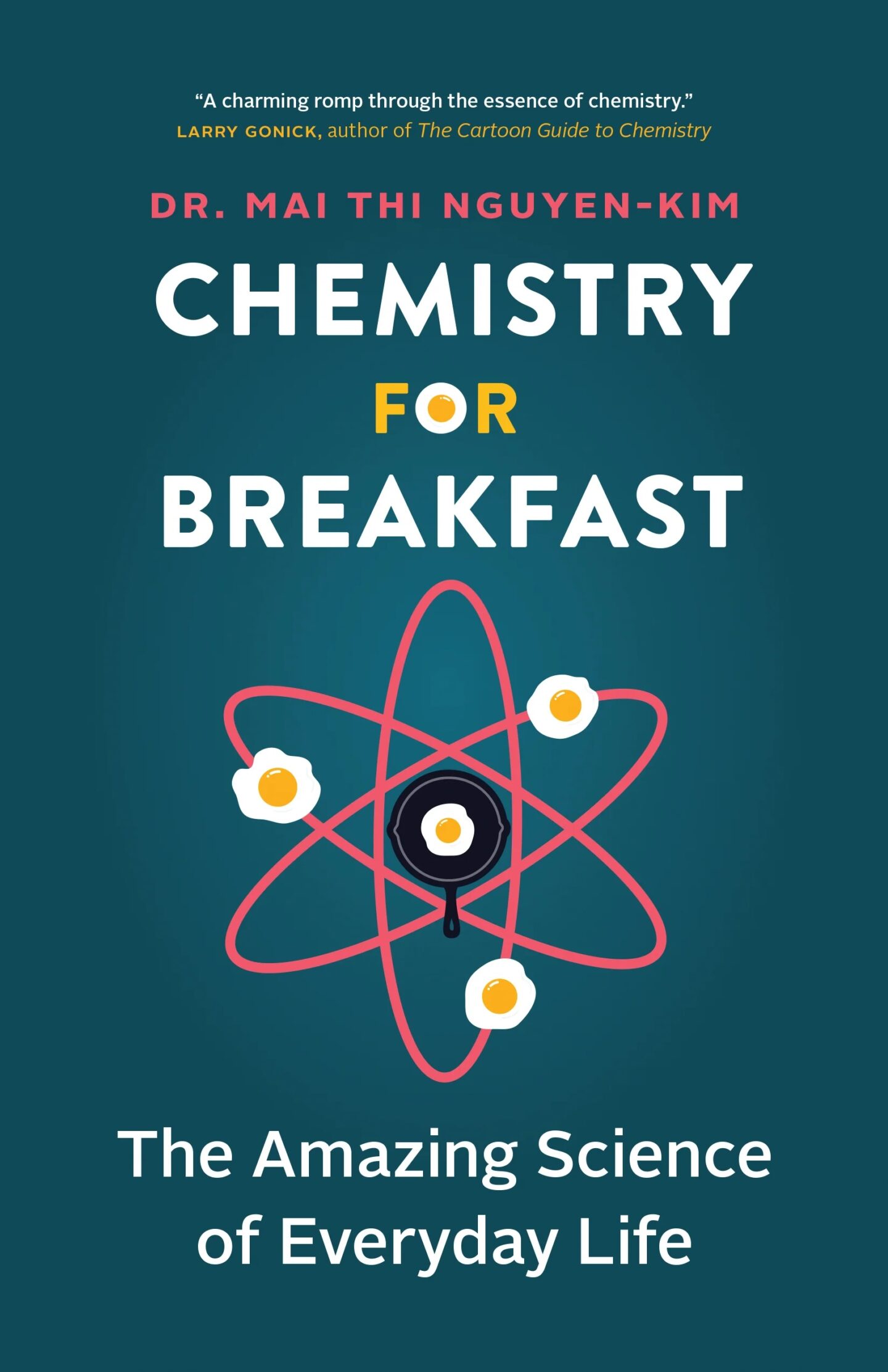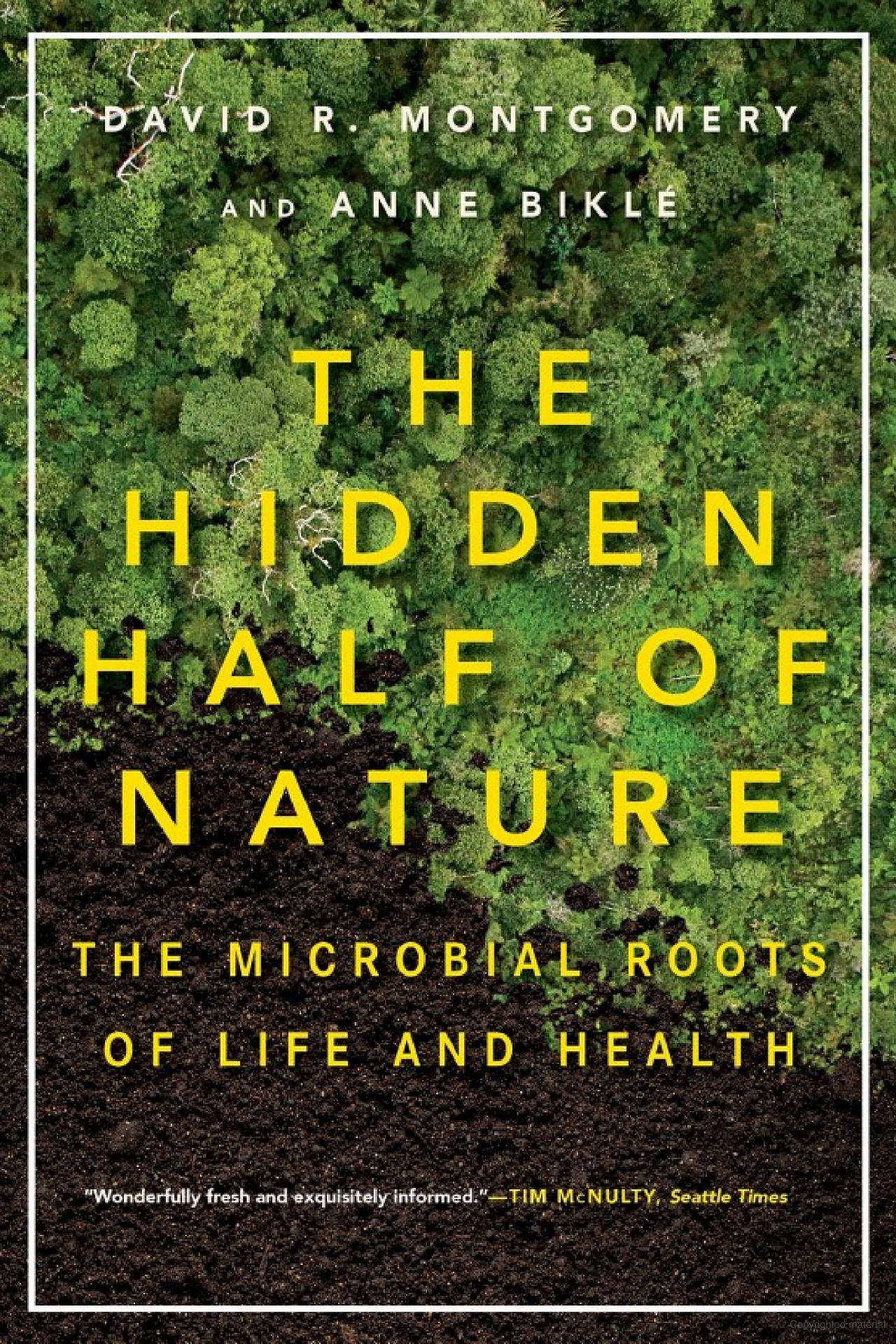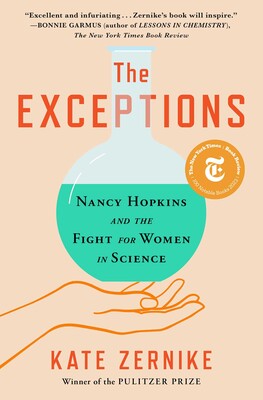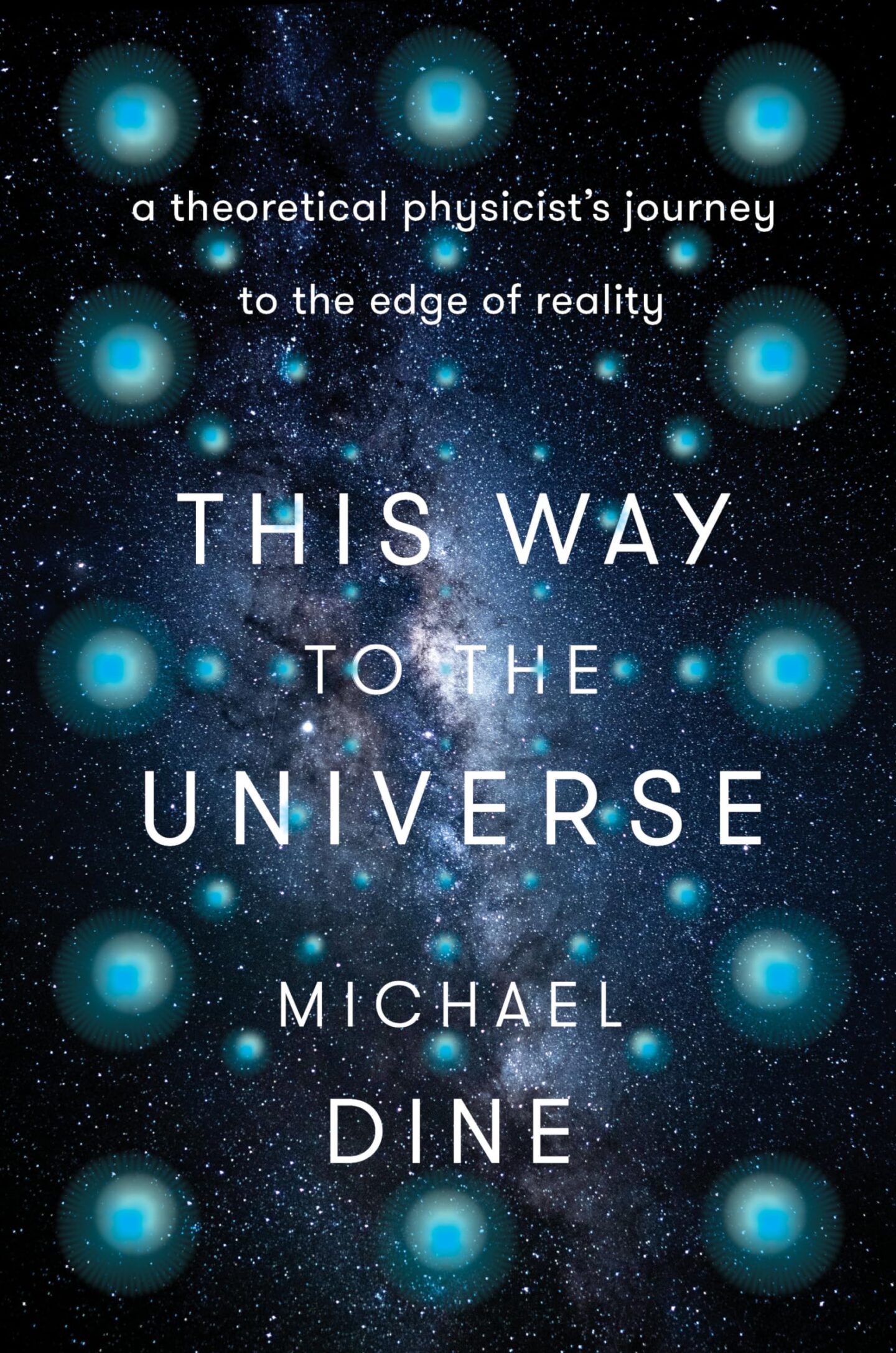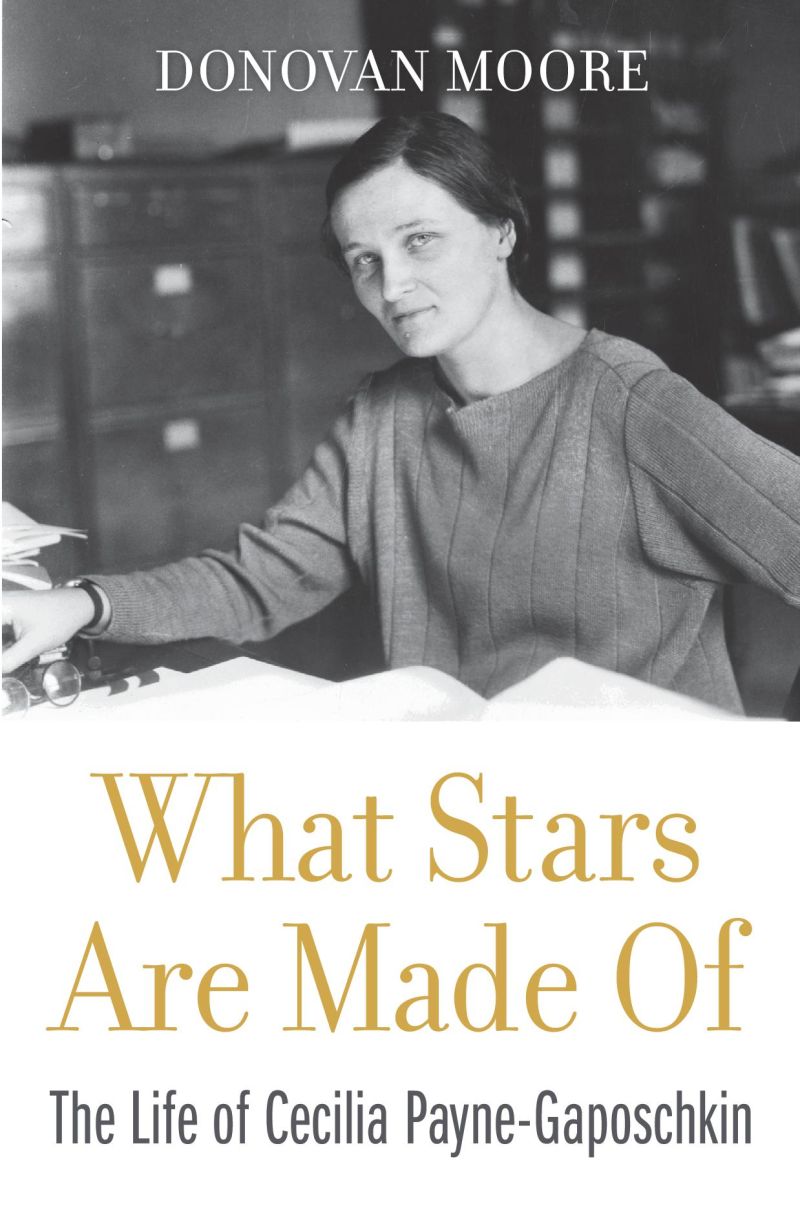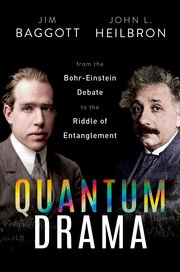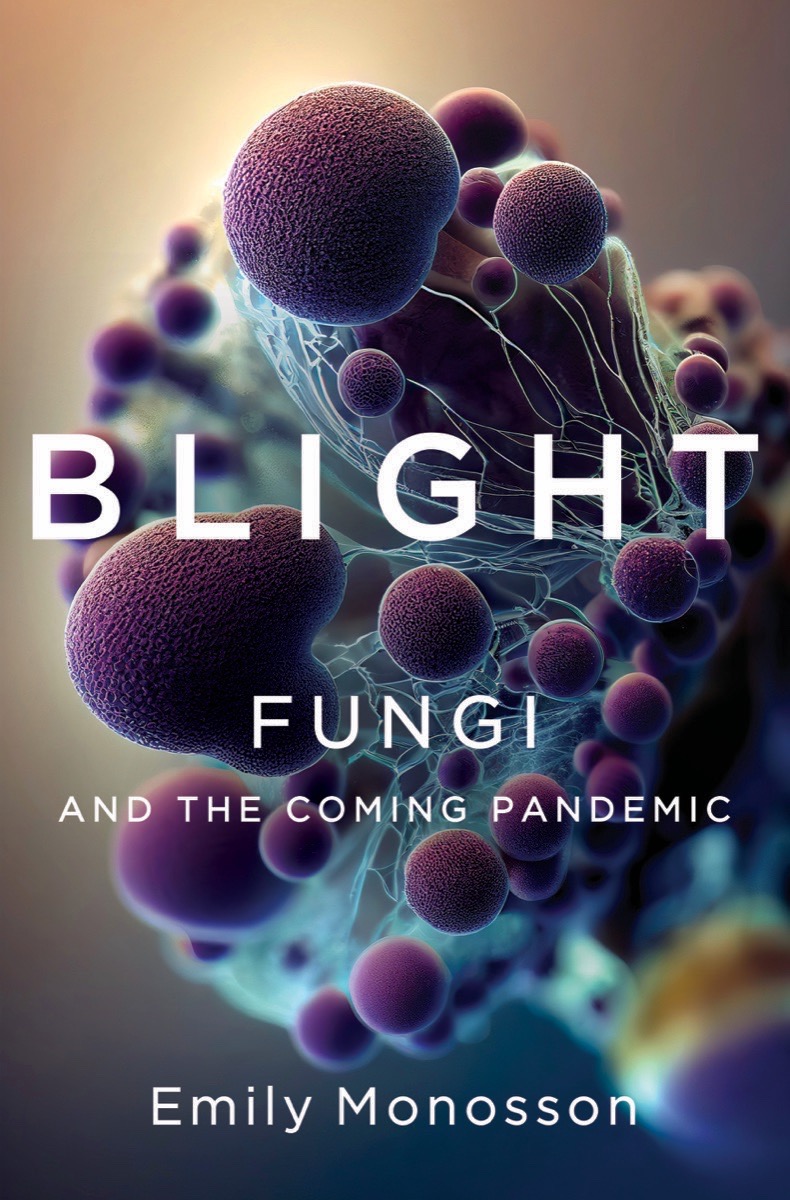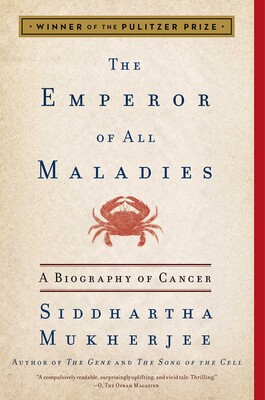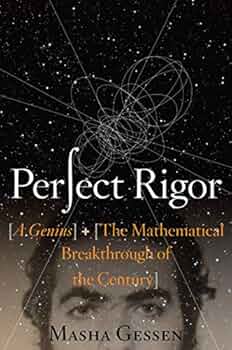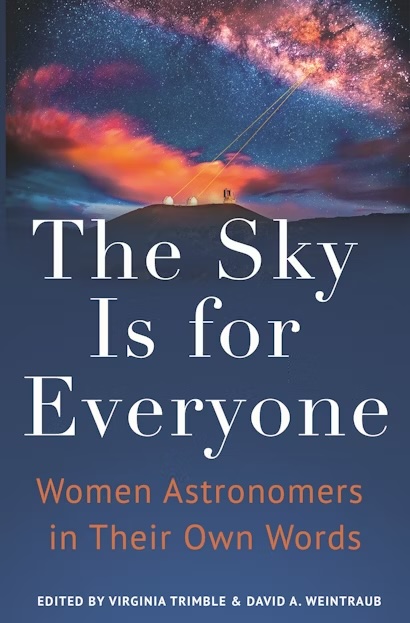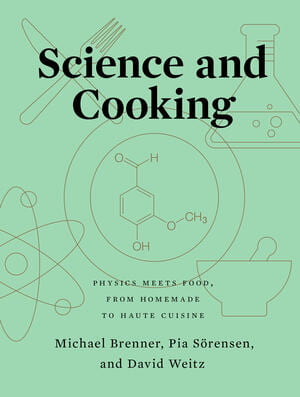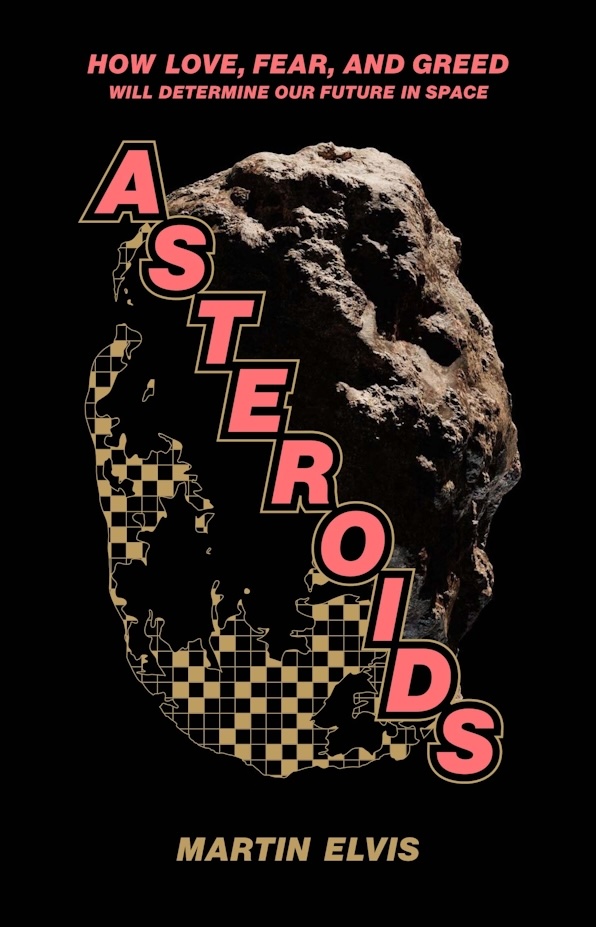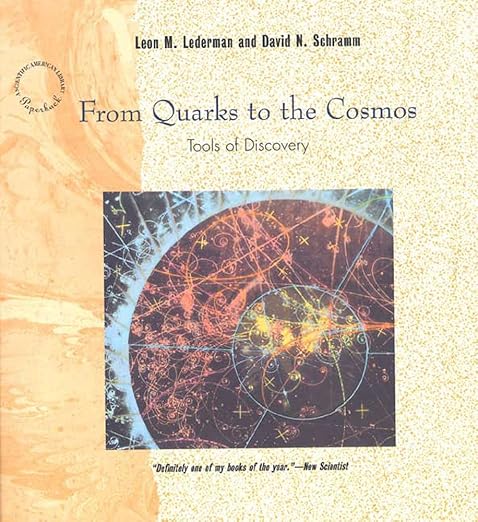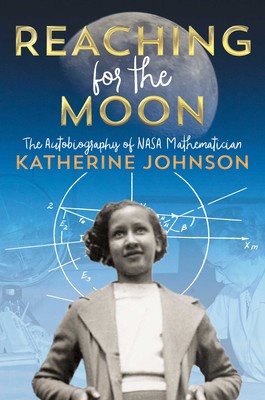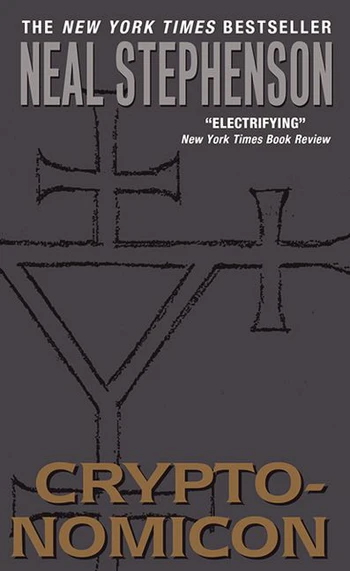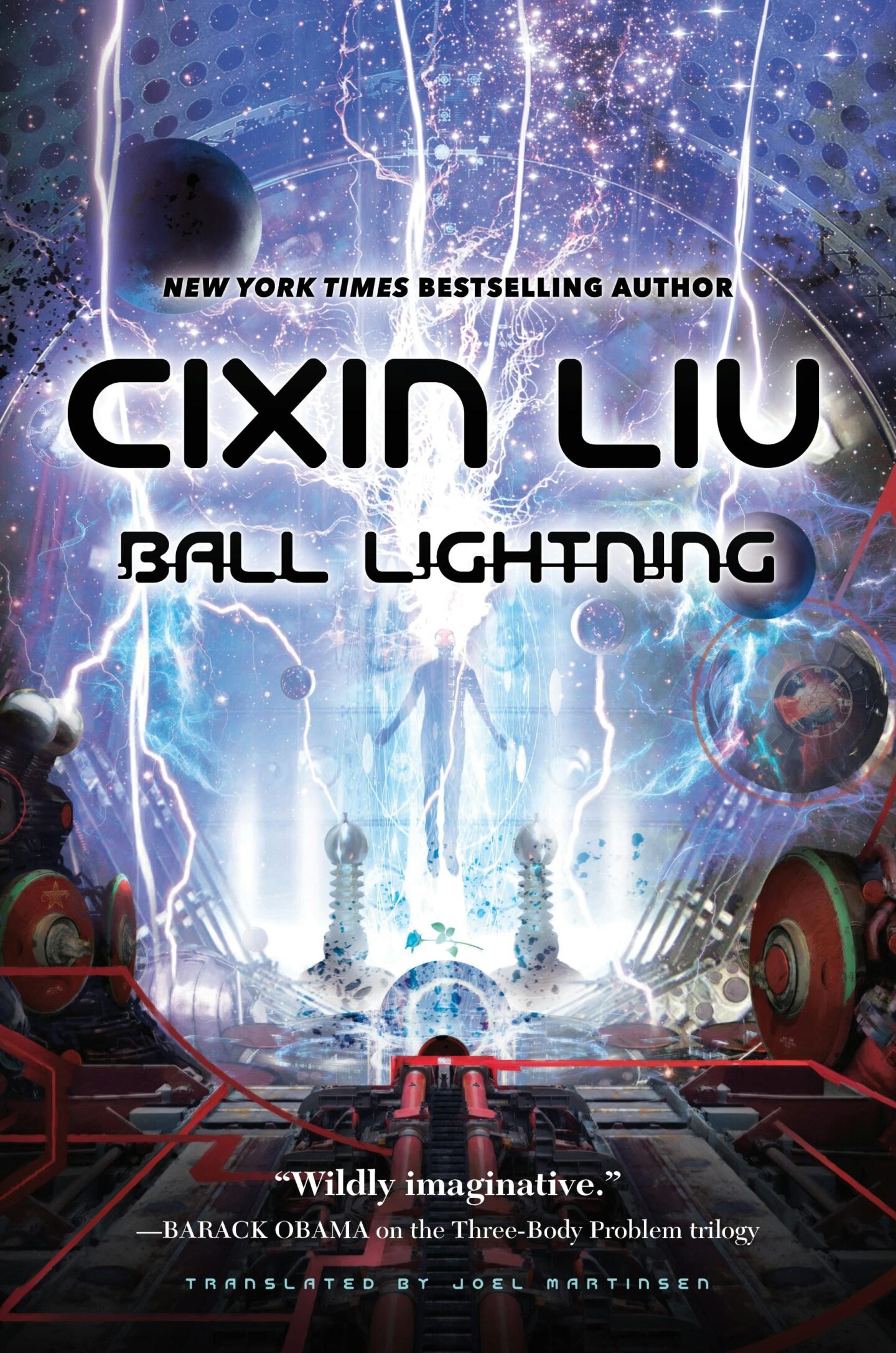This holiday season, give the gift of wonder and discovery!
We’ve asked physicists from Aspen Center for Physics to create a curated guide of must-read science books that inspire curiosity and deepen our understanding of the universe. Whether you’re shopping for a science enthusiast or looking for your own next great read, these expert recommendations offer something for everyone.
Chemistry for Breakfast
The Amazing Science of Everyday Life
By Mai Thi Nguyen-Kim (Greystone Books, 2021)
“A fun and easy read which opens eyes on a number of everyday observations that attract a curious mind.”
Hidden Half of Nature
The Microbial Roots of Life and Health
by David Montgomery and Anne Biklé (W. W. Norton & Company, 2016)
“Fascinating interplay of microbes in the soil with plants as well as our gut microbiome and how these two are related”
The Exceptions
Nancy Hopkins and the Fight for Women in Science
By Kate Zernike (Scribner, 2024)
“A fascinating story (and at times infuriating) both on the science and the politics.”
This Way to the Universe
A Theoretical Physicist’s Journey to the Edge of Reality
by Michael Dine (Dutton, 2022)
“This is a great outreach book that talks about fundamental physics from the big bang and cosmology to particle physics. It is written by my UCSC colleague, Michael Dine.”
What Stars Are Made Of
The Life of Cecilia Payne-Gaposchkin
by Donovan Moore (Harvard University Press, 2020)
“Tells the incredible story of the physicist who discovered what the Sun and other stars are made of. The first woman full professor at Harvard, hers is an important story in the history of science and of women in science.”
Quantum Drama
From the Bohr-Einstein Debate to the Riddle of Entanglement
by Dr Jim Baggott and Prof John L. Heilbron (Oxford University Press, 2024)
“A history of the development of quantum mechanics. A bit heavy but the interaction among the protagonists is fascinating.”
Blight
Fungi and the Coming Pandemic
by Emily Monosson (Norton, 2024)
“Nicely written popular treatment of a biological phenomenon that isn’t widely understood. It has been nominated for awards and is well-regarded.”
Emperor of All Maladies
A Biography of Cancer
by Siddhartha Mukherjee (Scribner, 2010)
“Winner of a Pulitzer Prize. A real page turner. It gives the history of cancer intertwined with the author’s practice as an oncologist.”
Perfect Rigor
A Genius and the Mathematical Breakthrough of the Century
by Masha Gessen (Houghton Mifflin Harcourt, 2009)
“Gessen tells the story of Grigory Perelman’s life and his solution to the Poincare Conjecture in the 1990s, one of the signature achievements of Mathematics in the 20th century. There is much about the culture of mathematical education in Russia as well as that of the Mathematics community. Gessen is a well-known writer whose essays appear regularly in the New Yorker.”
Featuring ACP Physicist Authors:
The Sky is for Everyone
Women Astronomers in Their Own Words
edited by Virginia Trimble and David Weintraub (Princeton University Press, 2022)
“This is an anthology of mini-autobiographies of women astronomers, many of whom are associated with the Aspen Center for Physics (e.g. Vicky Kalogera, Priya Natarajan, Andrea Ghez, Hiranya Peiris, and me).”
Science and Cooking
Physics Meets Food, From Homemade to Haute Cuisine
by Michael Brenner, Pia Sörensen, and David Weitz (Norton, 2020)
“I love cooking, and this book clarified some things that I had always wondered about. I think not only did it reinforce my love for cooking, but also physics! I can’t wait to show off what I’ve learned this Thanksgiving.”
|
|
From Quarks to the Cosmos
Tools of Discovery
by Leon M. Lederman and David N. Schramm (Scientific American Library Series, Vol. 28)
Lederman, recipient of the 1988 Nobel Prize in Physics and Schramm, one of America’s leading Cosmologists and former ACP President
“This is a story about the unimaginably small and the incredibly large. It is a story about the inner space of atoms and what they are made of, and it is a story about outer space, about planets and stars and galaxies, in fact about the entire universe.”
For the Young Adult Reader:
Reaching for the Moon
The Autobiography of NASA Mathematician Katherine Johnson
By Katherine Johnson (Simon & Schuster, 2020)
A young girl with a talent for math eventually joins NASA and is critical to the success of US crewed spaceflight, including the Apollo 11 mission to the moon. Her story—originally made famous in the book and film “Hidden Figures”—is recounted here in a lively and accessible autobiography.
Sci-Fi Corner:
Cryptonomicon
by Neal Stevenson (Harper Collins, 2002)
“Cryptonomicon’s plot revolves around the people that developed computers during World War II to break Axis codes, and their grandchildren, who engage in a hacking-intensive treasure hunt 50 years later. And it even features a skiing ‘accident’ in an Aspen chairlift.”
Ball Lightning
by Cixin Liu (Tor, 2018)
“Ball lightning starts with a mysterious physical phenomenon that many have seen but remains controversial, and follows the physicists who dedicate their life to its explanation. The scientists are split, however, between those who can’t let go of the physical question, and those who will stop at nothing to deploy it as a weapon. If you like the intersection of science, history, and politics, this would be a great choice.”

